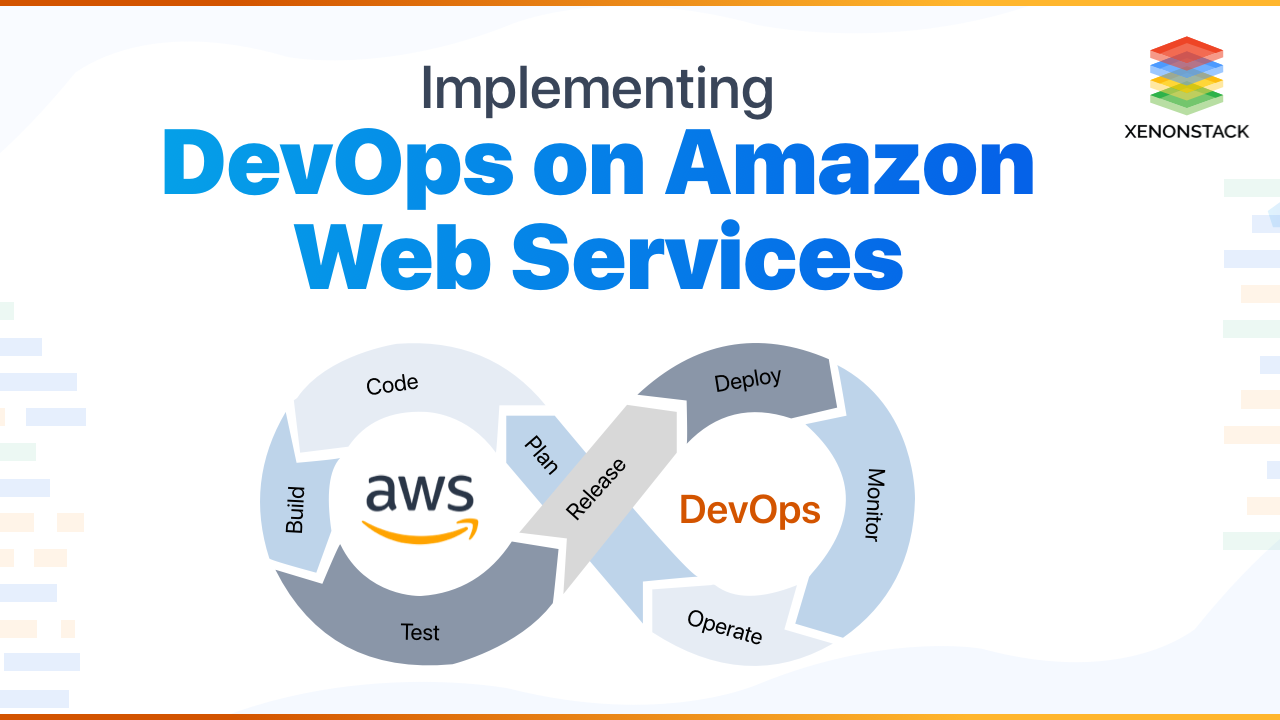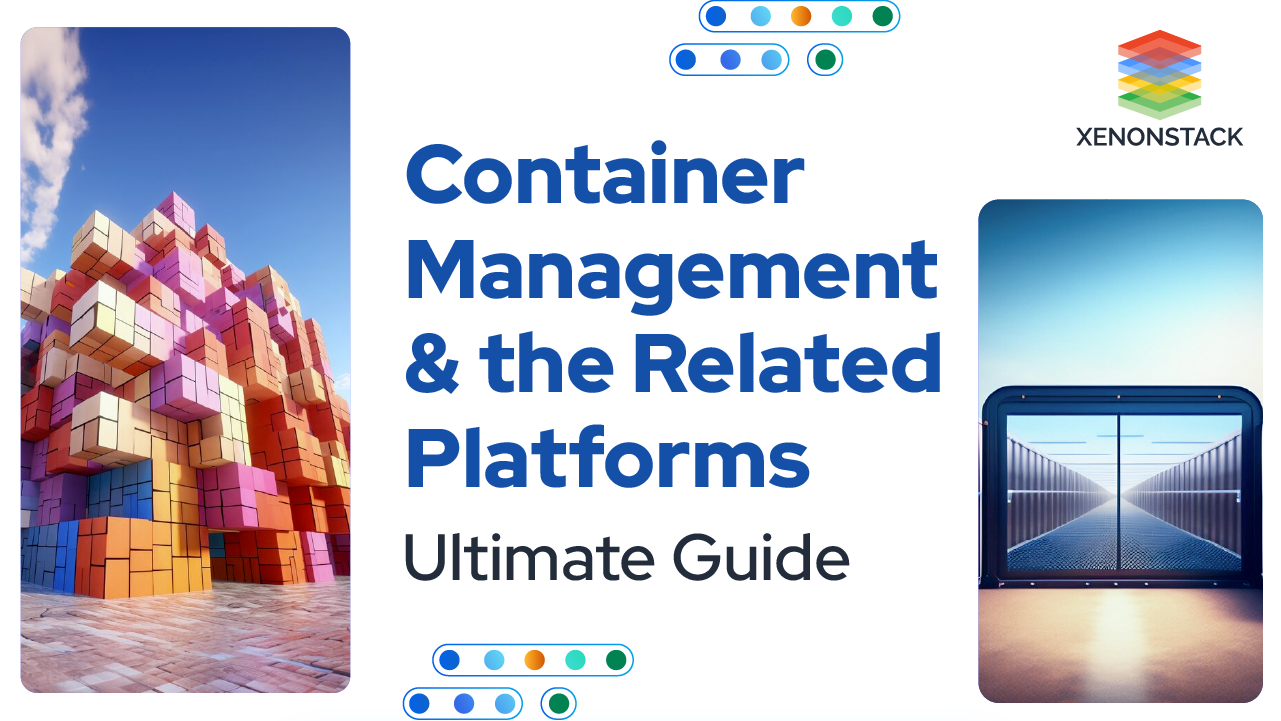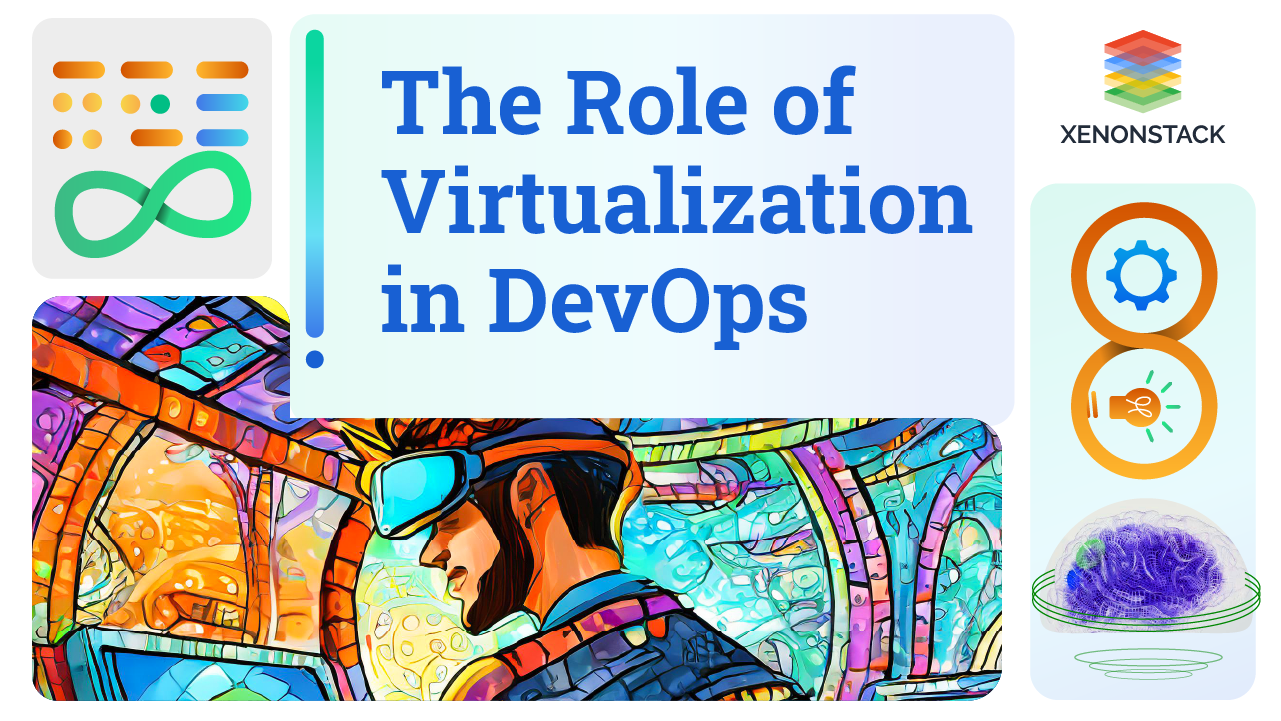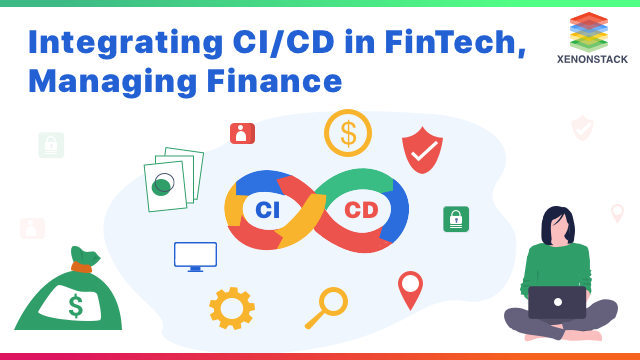
What is DevOps On AWS?
DevOps on AWS is a set of practices to automate the process between software development and the Operation Team, including tasks such as build, testing, and releasing software faster and more reliably. The central concept of DevOps is that it is not technology. There are tools commonly used in the DevOps environment. These include Continuous Integration(CI) & Continuous Deployment(CD) to perform task automation.
AWS is a platform that is provided by Amazon. On this platform, DevOps performs practices like Build Code, Deploy Code, CI/CD, and also lots of inbuilt AWS DevOps services.
How DevOps on AWS Works?
There are many tools available on AWS that can help with DevOps in the following -
- CodeDeploy
- CodeCommit
- CodePipeline
AWS Cloudwatch is used for Critical Monitoring. AWS supports DevOps efforts by providing services to build, store, and deploy apps. DevOps features are accessible in AWS -
- Continuous Integration.
- Continuous Delivery with Chef.
Most organizations should employ the DevOps model and technology to demonstrate and integrate with the existing development, testing, deployment, and operations processes. IT Team adopts DevOps strategies to develop applications deployed on the Public Cloud.
Why DevOps on AWS Matters?
1. Get Started Fast - In the AWS account, there are IoT Services on AWS ready to use without setup or software to install.
2. Fully Managed Services - The services take advantage of AWS resources without worrying about settings of installing software or operating infrastructure on our own.
3. Built for Scale - It manages a single instance and scales up to thousands using AWS services. These services make more flexible compute resources through simple provisioning, configuration, and scale.
4. Programmable - It provides an option to use each service via the AWS CLI or through API. Also, model and provision AWS resources and all AWS infrastructure using declarative AWS Cloud formation.
5. Automation - AWS helps us to use automation to build faster and more efficiently. Using AWS services, manually automate a task or process such as deployment, development & test workflow, and configure.
6. Secure - Use AWS IAM to set user permission and policies. It is used for user access to particular services of AWS resources and how the user accesses those services.
How to adopt DevOps on AWS?
Steps to adopt DevOps on AWS are listed below:
1. Software Release Workflow
AWS code pipeline is a Continuous Integration and Continuous Delivery service for fast and reliable application and infrastructure updates. Core pipeline builds, tests, and deploys code every time code changes and is based on the release process models defined. This enables rapid and reliable delivery of features and updates.
2. Build & Test Code
It is used to build and test code. AWS code build is a fully managed build service that compiles the source codes required; then it runs, tests, and produces software packages ready to deploy. With the help of Codebuild, you don't need to provision, manage, and scale build servers. It scales continuously and processes multiple builds concurrently to ensure that builds are not left waiting in a queue.
3. Deployment Automation
It is AWS code to automate code deployments on any of the instances, including Amazon EC2 instances and On-Premises servers. It makes it easier to rapidly release new features, avoids downtime during application deployment, and handles the complexity of the application.
4. Unified CI/CD Projects
It is AWS Codestar used for CI/CD projects. AWS Codestar helps to quickly develop, build, and deploy the application on the dashboard of AWS. AWS Codestar provides a specified user interface, enabling to management of software development activities in one place efficiently. AWS Codestar sets up the entire Continuous Delivery toolchain in minutes for faster code release.
5. Build & deploy Microservices Architecture using Containers and Serverless Computing
Amazon Elastic Container service is a highly scalable, high-performance container management service that supports Docker containers and allows applications to run efficiently on a managed account of Amazon Elastic Container services instances.
6. Provision, configure, and manage AWS Infrastructure
It is an AWS Cloud formation to create and manage a collection of all related AWS resources, and do provisioning, and it also does update them in an orderly and predictable fashion. Use AWS Cloud formation sample templates or create templates.
- Monitor and enforce infrastructure compliance.
- Configuration Management.
- Policy as Code.
- Run and Manage Web Apps.
- Private Git Hosting.
- DevOps uses the Services of AWS as per the requirement of the Project.
- Code Build and Code Deploy.
What are the benefits of DevOps on AWS?
The benefits of DevOps on AWS are listed below:
What are the Best Practices for DevOps on AWS?
The Best practices for DevOps on AWS are listed below:
- Continuous Delivery - It means that CD is a software development where code changes automatically, and is built, tested, and prepared for release.
- Microservices - It is designed to approach building a single app as a set of small services. Every service runs in its process and communicates with all other services.
- Infrastructure as a Code - It is a practice in which Infrastructure is provisioned and managed using code and software development such as Version Control and Continuous Integration.
- Monitoring & Logging - It is used for monitoring the running application on the cluster of Kubernetes or on the AWS platform having Cloud Watch.
- Communication and Collaboration - It is one of the key cultural aspects of DevOps.
What are the best AWS Integration Tools?
-
AWS CodePipeline
-
AWS CodeBuild
-
AWS CodeDeploy
-
AWS CodeStar
-
Amazon Elastic Container Service
-
AWS Lambda
-
AWS CloudFormation
-
AWS OpsWorks
Conclusion
AWS provides DevOps and Site Reliability engineers a platform to advise and help companies and customers with cloud consulting, migration, automating software release processes, and AWS Cloud management and monitoring infrastructure performance.
- Discover more about Continuous Architecture Advantages and Tools
- Explore implementing DataOps Architecture in AWS, Azure, and GCP
- Read more about DevOps on the Google Cloud Platform


